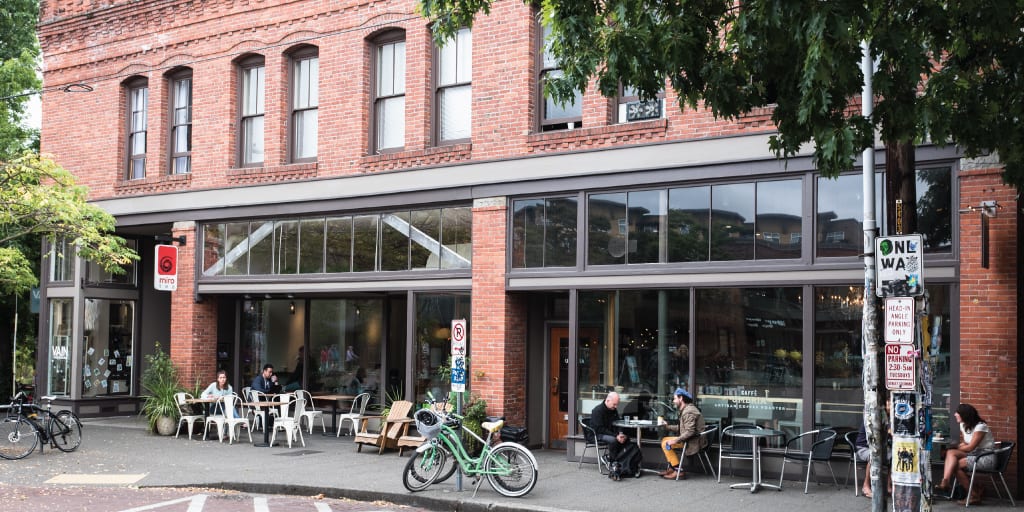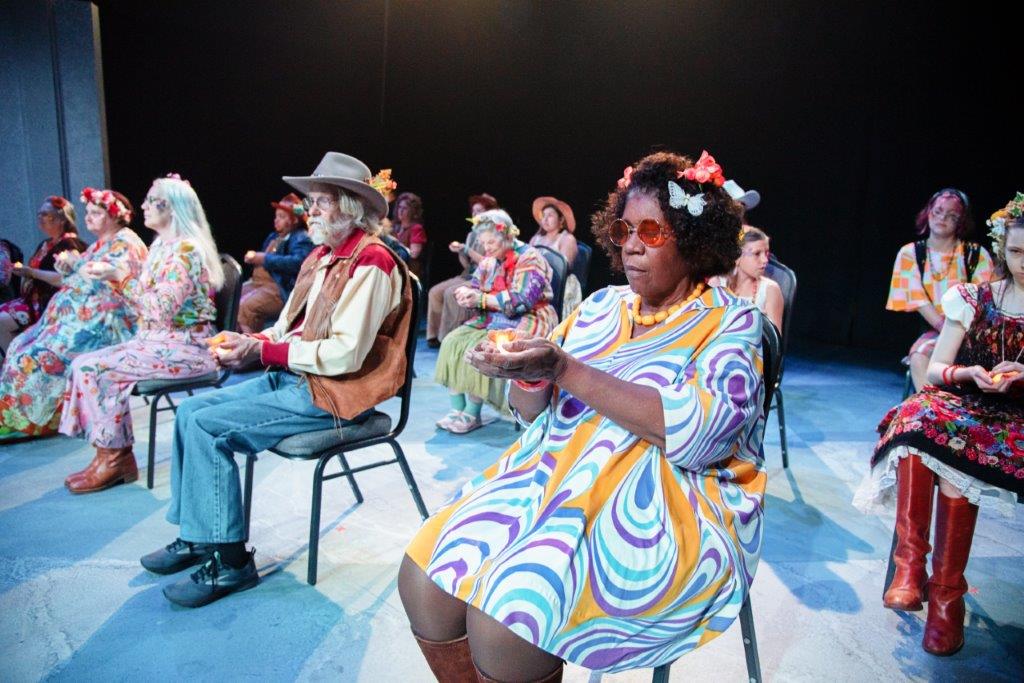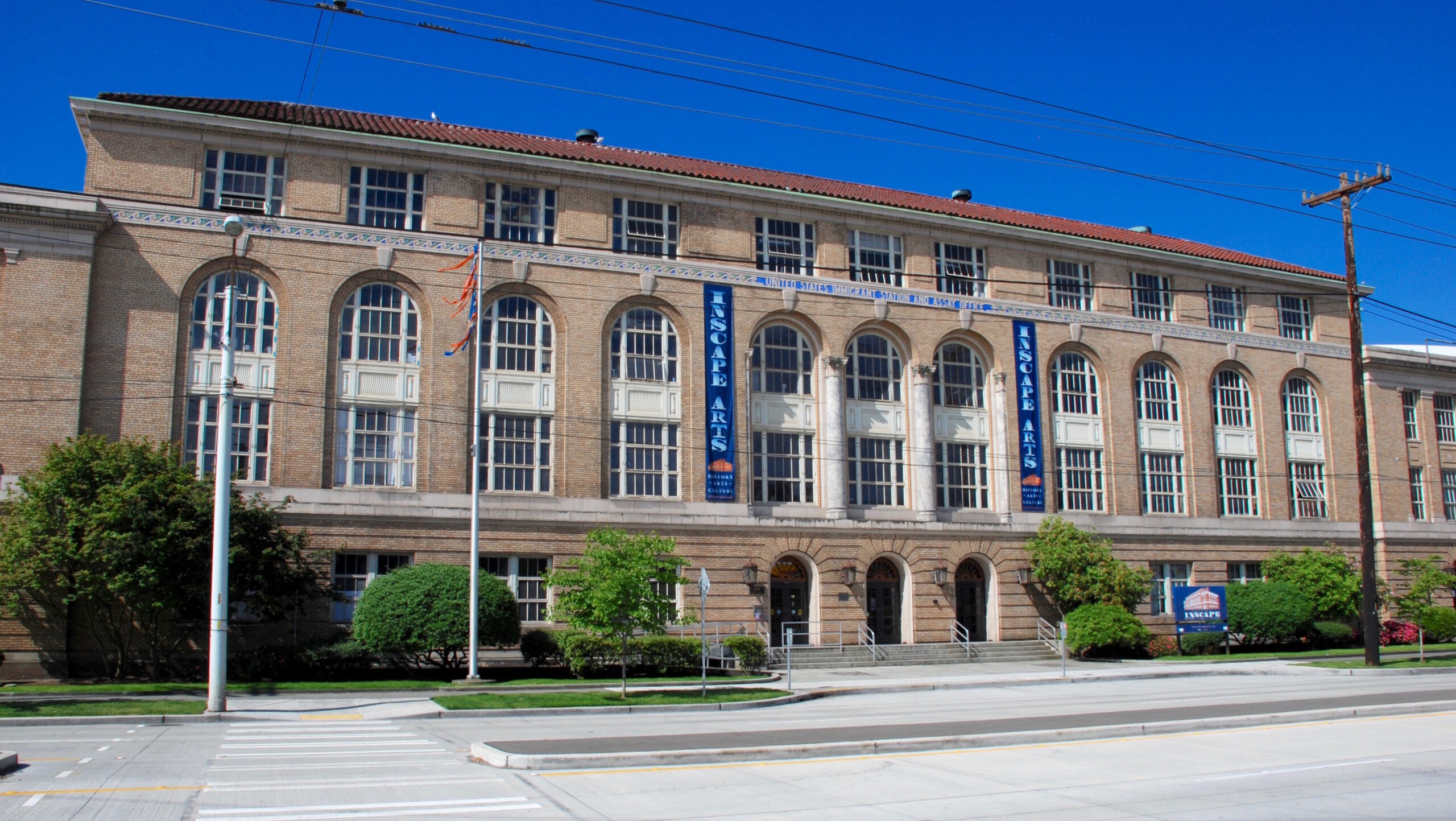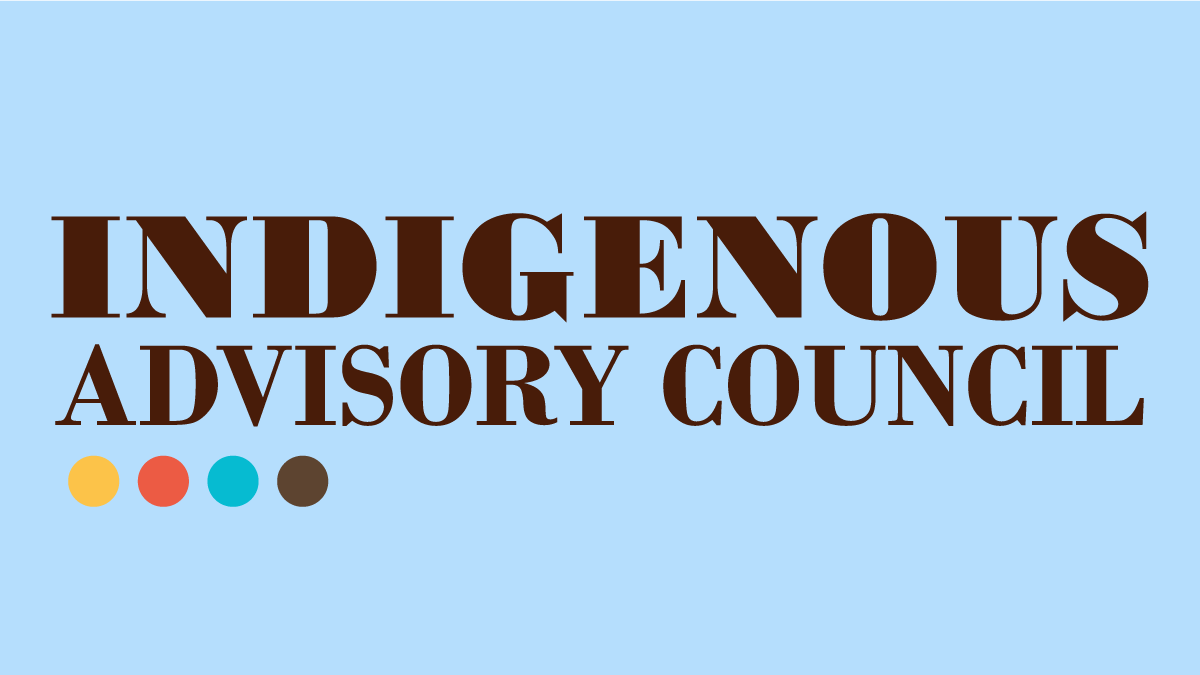
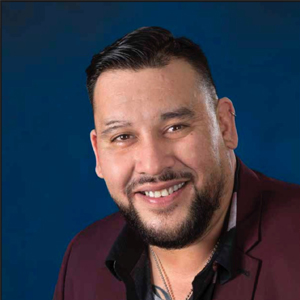
Indigenous Advisory Council Member
1. Tell us a little bit about yourself:
My name is Donny Stevenson; I am a proudly enrolled member of the Muckleshoot Indian Tribe and a living representative of the amazing legacy and leadership of our bəqəlšuɫ people. I am humbled by this lineage and legacy and honored to act in our people’s way: as a son, a brother, a husband, a father, a grandfather, a student, a teacher, and as a leader. I honor my ancestors in each capacity and work to serve them with a good heart and in a good way. Just as important as it is to acknowledge the rich and powerful tradition and culture I am blessed to carry in legacy, it is also vital that we always remember the profound sense of responsibility and our duty to the 7th Generation and beyond; all those who are yet to come… our next!
2. What inspired you to want to join the Indigenous Advisory Council and what do you hope to achieve?
Through joining the Indigenous Advisory Council and collaborating with the diverse and unique Indigenous population within the city — my Muckleshoot people’s traditional homeland — it is absolutely my goal to come together in the spirit of collaboration and with the language of hope. This will help provide the vitally important Indigenous perspective (which has remained an ever-present core within the rich history of this city) with proactive and effective representation and advocacy; an effective and focused voice! Indigenous leadership and wisdom have sustained the area now known as Seattle for hundreds of generations and thousands of years. Continuing this influence can help to ensure its future for those generations and years still yet to come.
3. How does being a member of the Muckleshoot Indian Tribe shape and influence your life in the Salish Sea region?
As a Member of the Muckleshoot Indian Tribe, virtually the entirety of my identity is influenced, shaped, and defined by the Salish Sea and region. We are the people of the waters and lands of this region. Our inherent identity is exclusively and directly tied to the area we have inhabited for hundreds of generations, over thousands of years… since time immemorial. To be Muckleshoot inherently means not only that the Salish Sea is a part of us but conversely, that each of us is a part of the Salish Sea. What serves the land, serves our people. What heals this land also heals our people. We are not separate nor distinct from one another, but indeed one, sustaining, providing for, and defining one another.
4. What is something that you bring to this role that will help the group work together?
It is with the greatest pride and the utmost humility that I am blessed to carry with me the teachings, traditions, experience, and wisdom that the living culture of the Muckleshoot Indian Tribe represents. I carry this blessing with me into every endeavor I undertake. This role is certainly and specifically a capacity where this legacy will serve all involved incredibly well. This living Muckleshoot culture translates to, and directly includes, an inherent, personal, and multi-generational investment and understanding of the history and ecology of virtually any and all issues or topics which may arise. As the First peoples of the region, the stakes are all very real and all very personal. This roots from the specific and inherent tie the Muckleshoot culture and identity hold to our traditional homelands. Because we have occupied these homelands since time immemorial, our understanding and experience of this region are unique and unmatched. This unique and exclusive perspective should prove helpful.
5. What do you love most about living in this region?
While I am absolutely the first to admit that I am highly biased, I absolutely love living in the Pacific Northwest and Salish Sea region. The Muckleshoot homeland is paradise, from the base of the Cascade Mountain Range to the shores of the Puget Sound. This encompasses some of the most plentiful and naturally beautiful country the whole world has to offer. There is nowhere else in the country or world I would prefer to call home! Our ancestors and elders struggled and fought with all they had to retain our homelands, and it is incredibly easy to understand why. I am incredibly and eternally grateful to them every day I get to call our area home!
6. What haven’t I asked you about that I should?
I just wanted to add that serving as a leader and public servant has truly been one of the greatest honors of my life. The Indigenous peoples of the Americas have lived an incredibly challenging and difficult history over the past 400-plus years. The effects and impacts of colonization are very real and tangible; they are absolutely still felt within our community to this day. Massive shifts in federal policy regarding the “Indian problem” in this country were designed to “kill the Indian but save the man.” This can be found throughout the formation of the Nation… eras of colonization driven by the Doctrine of Discovery, open armed conflict and war, removal and reservations, allotment and assimilation, termination, and finally, self-determination. An outright cultural genocide has resulted from this difficult history, and the multigenerational trauma resulting manifests itself within Indigenous populations in countless challenges and difficulties which still face our people to this day. As leaders in Indian Country, it is our profound responsibility and our greatly humbling honor to work daily to find and provide solutions and healing for our people. Ironically, it is through the reclamation of Tribal identity and culture that the most effective means of doing so can be reached. It is my greatest hope as we carry out this important work within the great City of Seattle, that we do so with this in mind and as a retained focus in all of our work.
